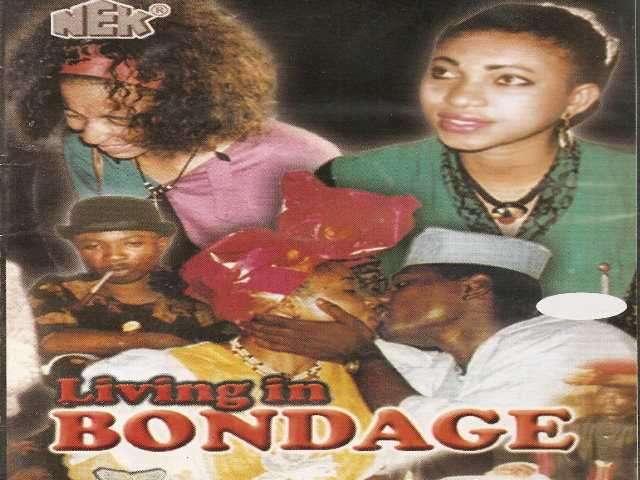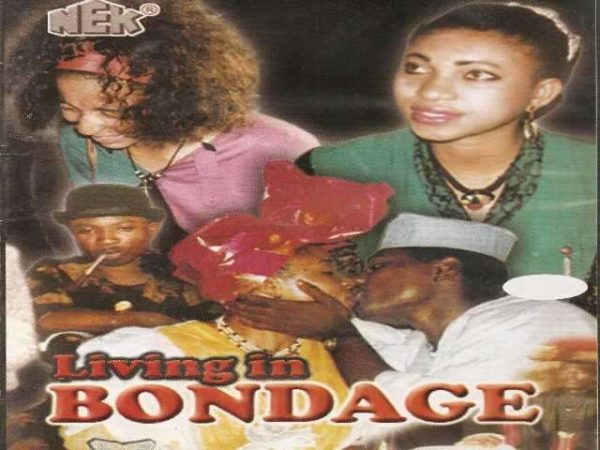In 1992, the director Chris Obi Rapu and screenwriters Kenneth Nnebue and Okechukwu Ogunjiofor put heads together to produce Living in Bondage. Many writers and critics agree that the popularity of this film launched the success of home videos in Nigeria.
When Obi Rapu set out to make this film, the Nigerian film industry was still in its very early stages. The most notorious sources of home video entertainment were Hollywood, Indian, and Chinese films. Generally speaking, Nigerian performers and writers had not made any giant strides the art of filmmaking. People would act out popular literature, record theatre performances and old plays, then distribute them on VHS tapes.
The producers of Living in Bondage took things a step further. They could not record something glamorous on celluloid film like their Hollywood counterparts; it would be too expensive. And so the story goes that they bought thousands of VHS tapes from Taiwan and recorded directly onto the blank videotape cassettes. In spite of the fact that the actors in the film spoke mostly Igbo language, there was a demand for it in several parts of the country. Living in Bondage became a huge success.
Living in Bondage tells the dramatic and disturbing tale of a young couple, Andy and Merit Okeke. Their life is hard. They struggle with several obstacles, and Andy is frustrated with the way things are going. He constantly compares his bad luck with the success of the people around him. His best friend, Paul, in particular is very wealthy. Mercy is loyal and loving, but Andy is impatient. When Paul reveals an evil source of wealth that demands the life of a loved one, Andy gives into the pressure and presents his wife as a human sacrifice. Merit curses Andy before she dies. For a while, Andy is able to live the life of his dreams, but things begin to go terribly wrong for him and everyone else that tries to involve themselves in his life of greed. One of the most memorable features of Living in Bondage was Merit’s ghost. After her death, she would appear at the most unexpected moments to torment her husband.
The film cost N150,000 to shoot. At N300 per copy for each distributed tape, Living in Bondage grossed a small fortune when it sold over 750,000 copies. The film featured Kenneth Okonkwo, Kanayo O. Kanayo, Rita Nzelu, Ngozi Nwosu and Bob-Manuel Udokwu, amongst a few others. The resourcefulness of Obi Rapu and his team pioneered a new direction in the Nigerian film industry. As natural storytellers, Nigerians were quick to tap into this method of making films.
In 2017, Chris Obi Rapu was presented with the Legend of Nollywood Award in Benin, Edo State. Kenneth Nnebue was conferred a Member of the Federal Republic in 2014.
Sources
Buzz Nigeria
Wikipedia
Insights.som.yale.edu
Wipo.int
Premium Times NG
Featured image source: Information NG


